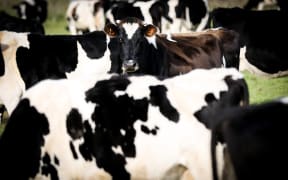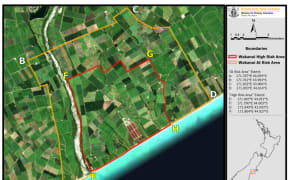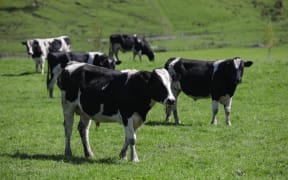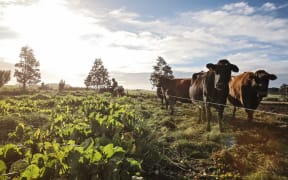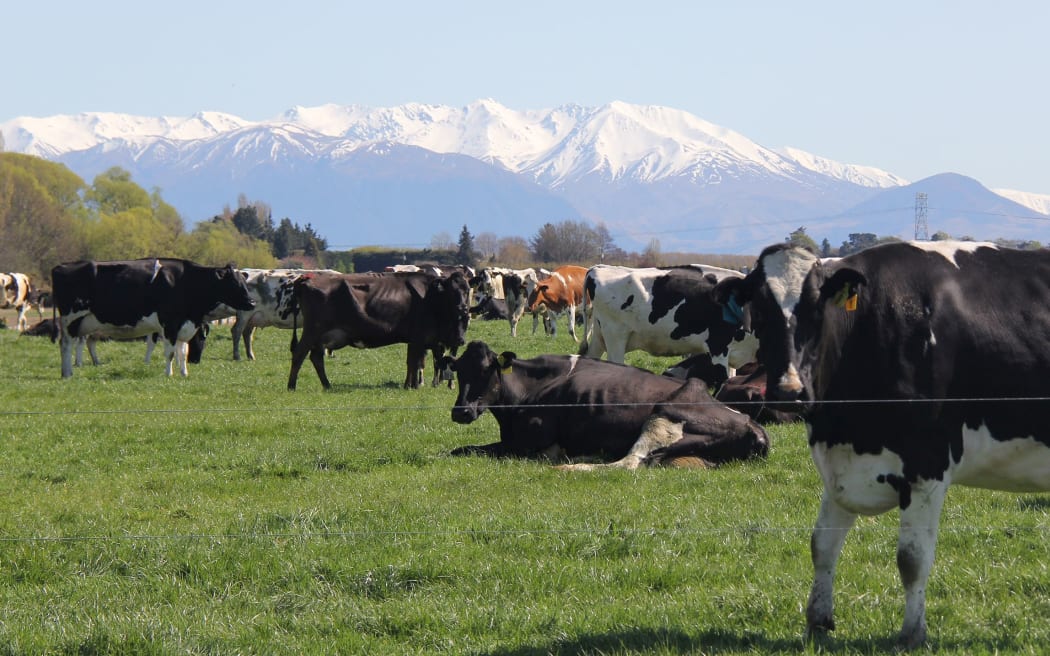
File image. Photo: LDR
Hopes the country could finally be rid of cattle disease Mycoplasma bovis have been dashed with the discovery of a new infected farm.
The Ministry for Primary Industries said after two weeks of no infected properties one was found through routine testing.
Director of the eradication programme Simon Andrew said the farm in Mid-Canterbury has clear links to previously infected farms.
"The new confirmed infected property neighbours a cleared confirmed property with strong links to the Wakanui cluster. We are continuing to investigate the infection source and are working with the farmer to depopulate the property in a way that minimises disruption as much as possible.
"As a result of the new infected property, we will be tracing animal movements and other risk events. This will likely see an increase in the number of farms under movement restrictions while we ensure the risk of disease spread is mitigated," Andrew said.
Since the disease was found in New Zealand in 2017, 280 farms have been cleared if it.
This month marks five years since the government announced it would work to eradicate M bovis - so New Zealand was halfway through the ten-year programme.
Andrew said great progress had been made but new infected farms will be likely.
"What we're trying to do at the moment is hunt down the last pockets of infection, so that we can then move into the long-term surveillance programme, simply collecting information to prove the absence of Mycoplasma bovis itself."
At last count, $641 million had been spent on eradication efforts out of the $870m budget.
Andrew said it was vital farmers continue animal tracing through National Animal Identification and Tracing (NAIT) especially at the moment as they plant for late autumn mating.
"Bulls which have been in contact with infected cows and then moved to another herd are a risk for the spread of M bovis and should arrive on-farm properly identified, with their movement history details and be properly recorded in NAIT.
"Make sure you let the vendor or agent know that you expect this. Hold bulls separately from the main herd for at least seven days to assess their health status, and to complete treatments like drenching."
Andrew said if farmers have any concerns about a bull's health they should contact their veterinarian before mixing them with the herd.
"The risk of transmission via imported semen is considered very low, especially after the introduction of a new import health standard last year, but low risk is not the same as no risk.
"As a precaution, ask your semen supplier for advice on what testing the bull and/or semen has been subjected to."

